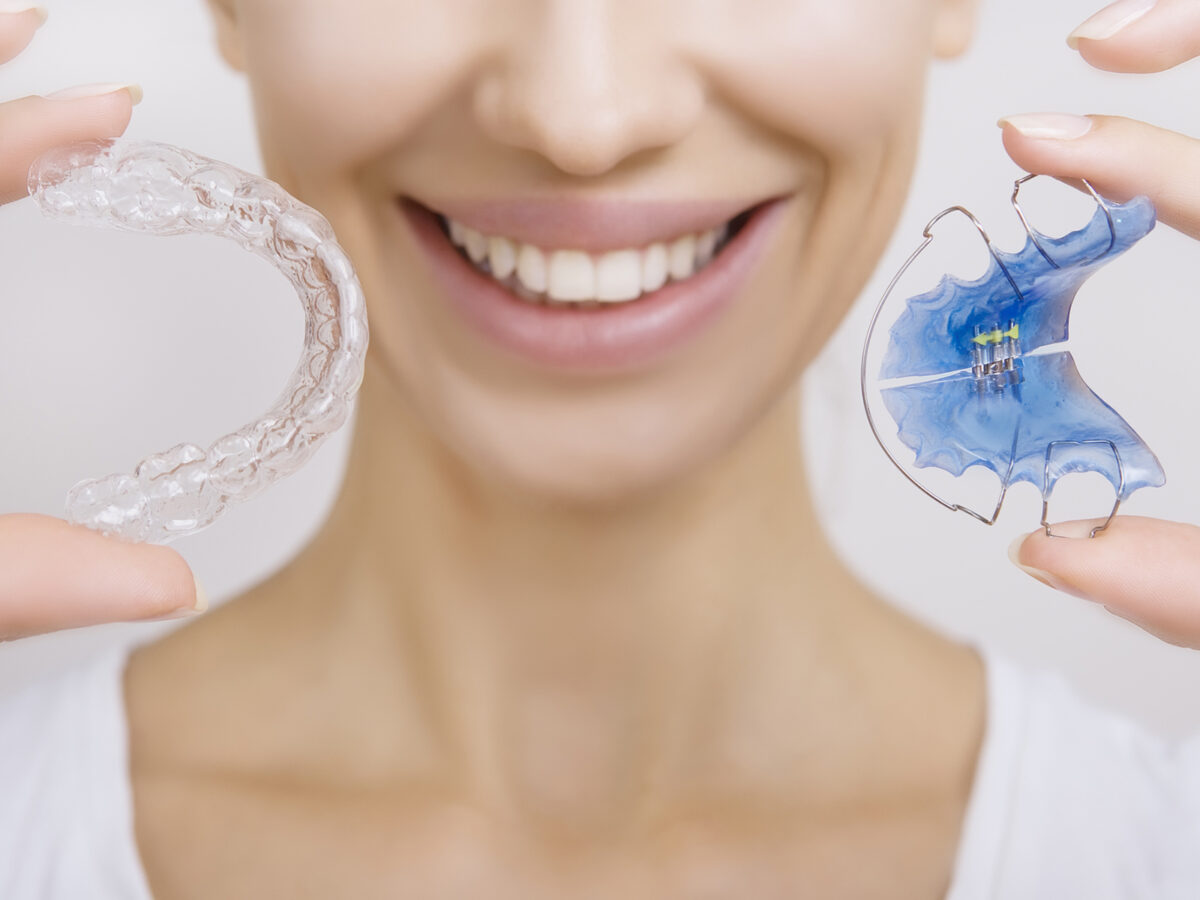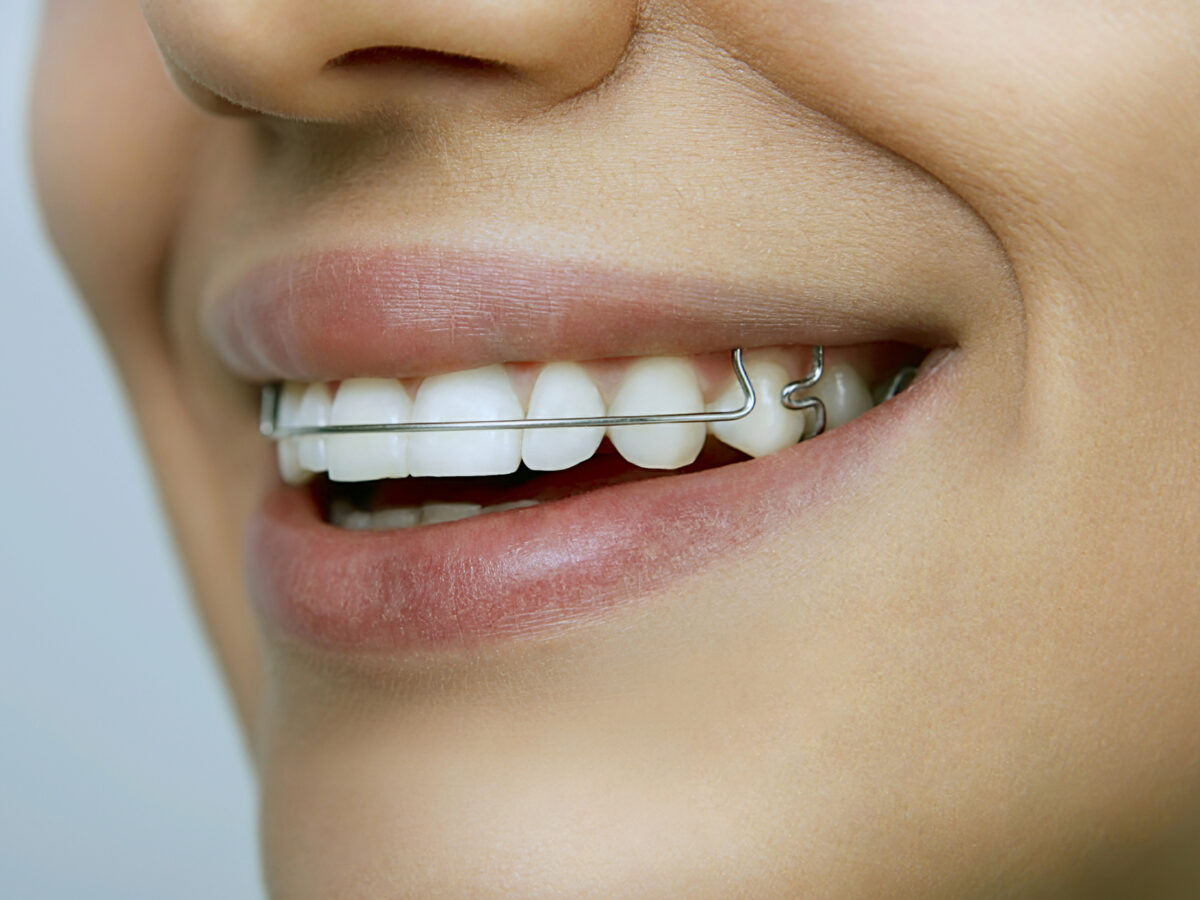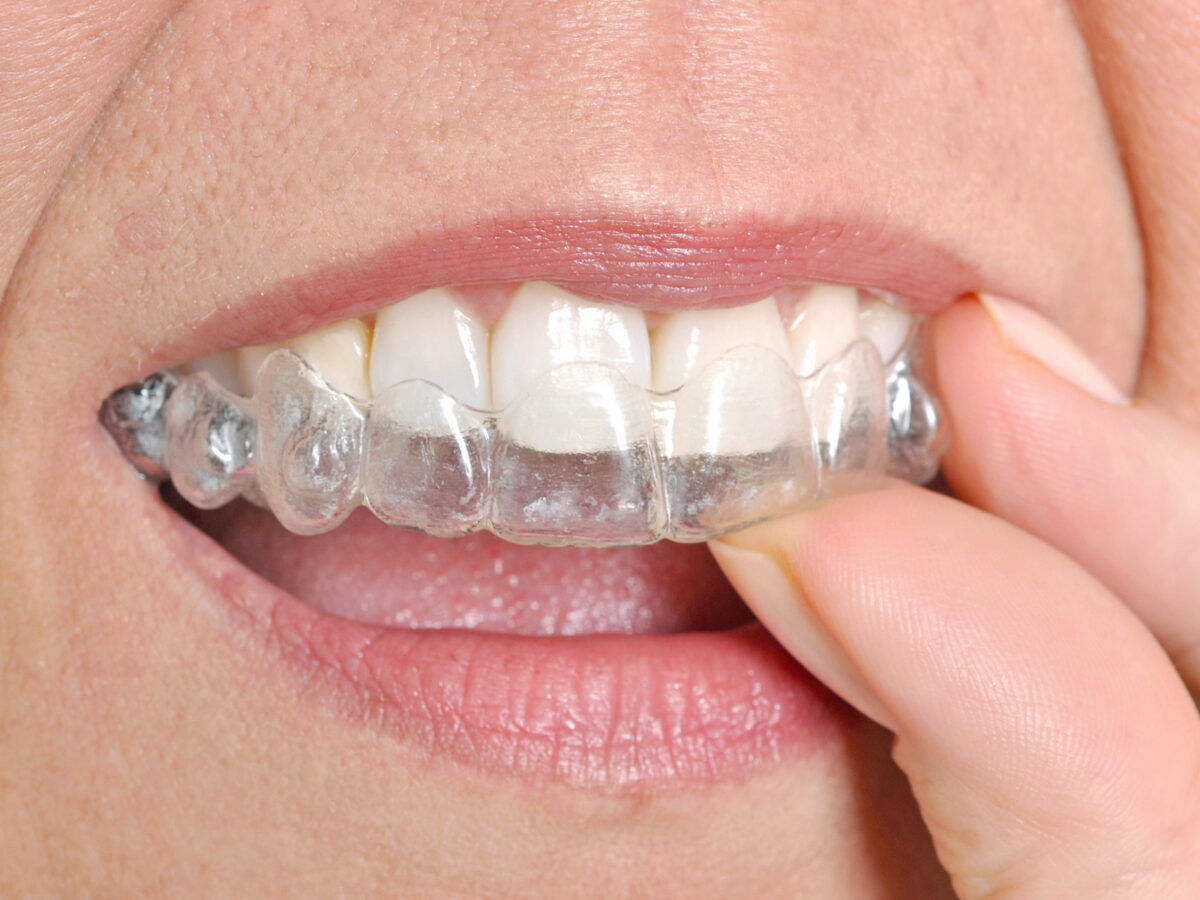Did you know that your mouth contains natural bacteria? As a byproduct of their growth, bacteria produce gas. This contributes to bad breath and the odor caused by your retainer.
Furthermore, bacteria contribute to the formation of plaque and tartar on your teeth as well as your retainer. If plaque starts to collect on the retainer, it will eventually emit a strong odor.
This is not something you want to put in your mouth. Fortunately, with regular maintenance, you can help reduce the risk of buildup and avoid the odor.
It all depends on how efficiently you care for your teeth and retainer when avoiding a bad odor.
Cleaning regularly is the only way to keep bacteria, plaque, and tartar at bay.
Here is a simple guide to what you need to do.
- Maintain Good Oral Hygiene to Prevent Bad Breath and Retainer Odors
- Keeping your retainer odor-free starts with your mouth, not your retainer. Oral hygiene is critical.
- Plaque, tartar, and bacteria can accumulate on your retainer’s surface, just as they do on your teeth. This buildup contributes to the unpleasant odor you may notice. While brushing and flossing your teeth are important for keeping these things in check, you should also regularly clean your retainer.
Keeping your retainer clean and odor-free is critical, but many popular cleaning methods can harm your retainer and oral microbiome. Hydrogen peroxide and persulfate (found in Efferdent, Polident, and other cleaning products) should never be used in your cleaning routine. Never use bleach, boiling water, and even regular toothpaste. Soak your retainer in distilled water (with baking soda and castile soap) to keep your retainer fresh. Soaking your retainer in white vinegar once a week or having it cleaned at the dentist can also help. After practicing these habits, you should visit your dentist as soon as possible if you can’t see any progress.



